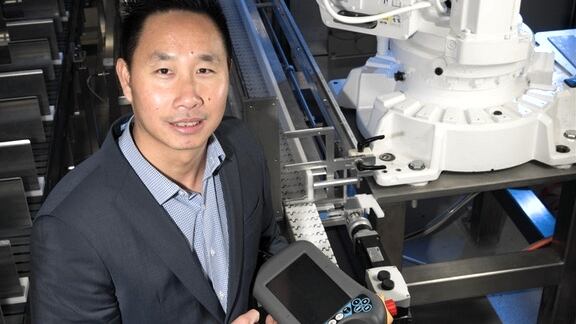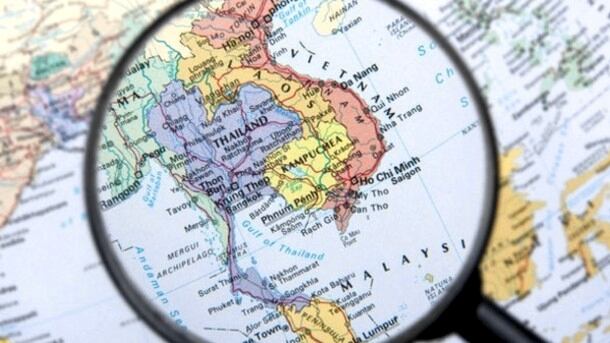Though the Ministry of Industry predicted growth of 7.5-7.8% for 2017, one industry group was confident that the food and beverage industry will expand even faster—by up to 8.5% year on year.
Adhi Lukman, general chairman of Gapmmi, the Indonesian food and beverage industry’s representative body, said the government should revise its growth forecasts as it hadn’t taken into account various factors in its figures.
First, he said, it should account for rising commodity prices which will boost purchasing power in regions that produce a significant amount of commodities, especially those in parts of Sumatra and Kalimantan.
It should also take into account growth in modern retail in the regions. Having already conquered the bigger cities, they are now on a course to bring more processed foods to the provinces.
And with export opportunities having increased for Indonesian manufacturers since the implementation of the Asean Economic Community in 2015, Lukman also called on the government to revise its forecasts relative to Asean's single market and production base.
Some companies have predicted an even better year ahead than either Gapmmi or the government. Garuda Food, with 15 factories, has forecast growth of 15% in 2017, up from 10% growth last year.
Similarly, Ultrajaya Milk Industry, Indonesia's leading producer of aseptic dairy products, also expects 15% growth, supported by rising demand for milk in Indonesia.
More stories from Southeast Asia…
Aussie robo-company is complete package for SE Asian processors
Australian packaging robots that are fitted with cameras to allow remote troubleshooting have been helping to streamline Southeast Asia’s surging food and beverage industry.

HMPS, one of the biggest automation manufacturers in the country, designs and develops bespoke packaging machinery to and equipment to identify foreign substances. Its machines are now sold in a number of Southeast Asian countries, as well as South Africa and New Zealand.
Linh Bui, HMPS’s business development manager, said its base in Adelaide made it ideally placed to service Southeast Asia because of time-zone similarities and geographical proximity.
He said Southeast Asia’s rising middle-class growth and the expansion of its food and beverage industries had created demand for effective packaging systems.
“We provide a whole gamut of turnkey products for packaging food and drinks,” he said.
"We provide remote monitoring options for our products where we include a modem and camera on the machine.
“As soon as we get a phone call we can review footage and identify what the problem is and where it occurred and work with the customer to resolve it quite quickly.”
HMPS has more than 300 machines in the field and has grown by almost 30% in the past three years.
It is in the process of developing other niche products including machines with Internet of Things technology to benefit its ability to service remotely.
The company is trialling the technology in Australia and plans to roll it out to its international clients if it proves successful.
“We are developing a way in which the customer and us would be able to monitor performance and put in preventative procedures during production,” Bui said.
“For example, if you're looking after multiple sites, you would be able to monitor the situations on your mobile or tablet while you are traveling, and make sure the machines in the factories are working how they should.”
Vietnamese businesses given new link to US
The American Chamber of Commerce in Vietnam has joined Washington-based Global Food Safety Forum and a business association in a move that could allow more local products into the American market.

Herb Cochran, the chamber’s executive director, said the “first objective” of the agreement would be to help Vietnamese companies to join global supply chains under the International Food Safety Capacity Building Plan of the US Food and Drug Administration.
As America imports 15% of its food, 20% of vegetables, 50% of fruit and 80% of seafood, the plan is an attempt by the country to ensure its food security.
To comply with the plan’s requirement to provide “training of foreign governments and food producers on US requirements for safe food”, a Vietnamese delegation will visits America in March. The plan will also include a bilingual information website, Internet-based training programmes and on-site training at Vietnamese companies.
